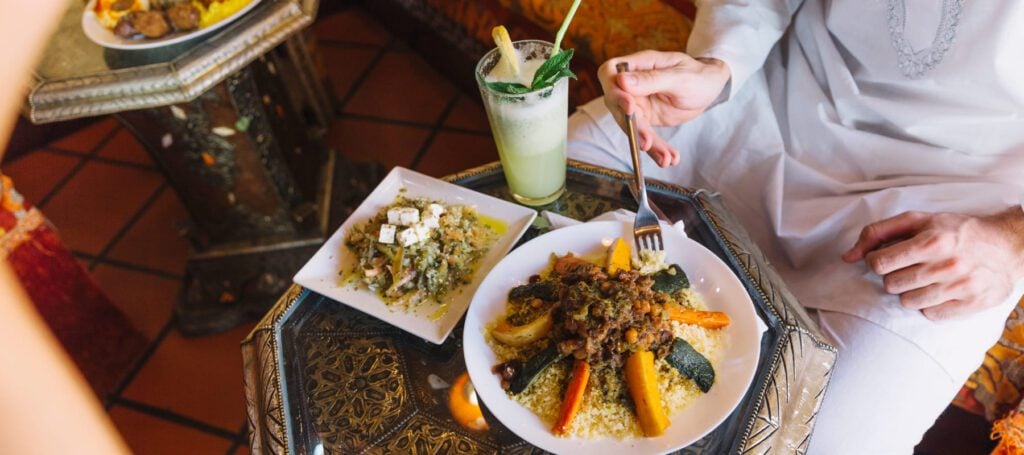Feeling Low on Energy? Here’s How to Stay Nourished and Hydrated During Ramadan
As we reach the midway point of Ramadan, many people start feeling the effects of fasting – low energy, dehydration, and shifts in sleep patterns. While fasting brings spiritual and personal growth, it’s important to also take care of your body by making the right food choices for suhoor and iftar.
By focusing on balanced nutrition, hydration, and smart meal planning, you can ensure that your body gets the nutrients it needs to keep up with daily activities while fasting. Here’s how to stay energized, refreshed, and nourished for the rest of Ramadan.
Common Challenges Faced Midway Through Ramadan
By the second or third week of Ramadan, your body has adjusted to the fasting routine, but certain nutritional challenges can start to arise. Here’s what many people experience:
1. Fatigue and Low Energy Levels
- A drop in energy is common, especially if you aren’t getting enough protein, fiber, and complex carbs in suhoor.
- Long hours of fasting without the right nutrients can lead to brain fog and sluggishness.
2. Dehydration and Headaches
- Not drinking enough water and taking electrolytes during non-fasting hours can lead to dehydration, headaches, and dizziness.
- Consuming caffeinated drinks (coffee, tea, soda) at suhoor can make dehydration worse.
3. Disruptions to Sleep and Digestion
- Eating heavy meals at iftar and going to sleep soon after can cause bloating and discomfort.
- Lack of fiber can lead to slowed digestion and constipation.
Energy-Boosting Foods to Include in Suhoor
Suhoor is the most important meal to help sustain your body throughout the day. Choosing the right foods can make a huge difference in how you feel while fasting.
Best Slow-Digesting Carbs for Sustained Energy
✔️ Oats & Whole Grains: Slowly release energy to keep you full longer.
✔️ Sweet Potatoes & Quinoa: Great sources of fiber and complex carbs.
✔️ Bananas & Dates: Provide natural sugars for quick energy without a crash.
Hydrating Foods to Keep You Refreshed All Day
✔️ Cucumbers & Watermelon: High in water content, helping with hydration.
✔️ Yogurt & Chia Seeds: Retain moisture in the body and aid digestion.
✔️ Coconut Water: A natural electrolyte booster to prevent dehydration.
👉 Pro Tip: Avoid salty and fried foods at suhoor, as they can make you thirstier throughout the day.
The Best Iftar Choices for a Balanced Diet
Iftar is your body’s opportunity to replenish lost nutrients and regain strength after fasting. Eating the right foods ensures you stay energized for the evening.
Foods That Replenish Lost Nutrients
✔️ Lentil Soup & Broths: A light, hydrating way to prepare the stomach for a meal.
✔️ Grilled Chicken & Fish: Lean proteins that aid muscle recovery.
✔️ Hummus & Avocados: Provide healthy fats for sustained energy.
👉 Pro Tip: Eat slowly and mindfully. Start with dates and soup, then gradually introduce protein and vegetables to prevent bloating.
Smart Meal Planning for a Healthier Ramadan
Balancing work, prayer, and social gatherings can make cooking feel overwhelming. A structured meal plan can save time while ensuring you get the right nutrition every day.
How MealPlanet Helps You Stay on Track
📌 Curated Iftar & Suhoor Meal Plans: Enjoy a variety of healthy and traditional dishes without the hassle of cooking daily.
📌 Dietary Flexibility: Whether you’re looking for high-protein meals, vegetarian options, or low-carb choices, there’s something for everyone.
📌 Delivered Across the UAE: Have fresh, nutritious meals sent straight to your doorstep so you can focus on fasting and worship.





